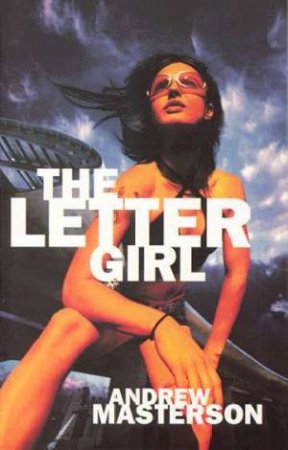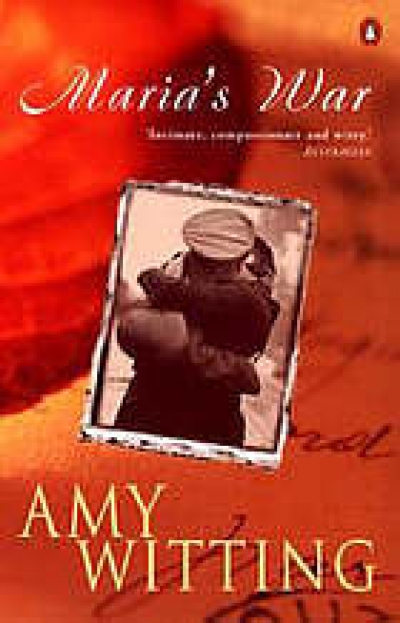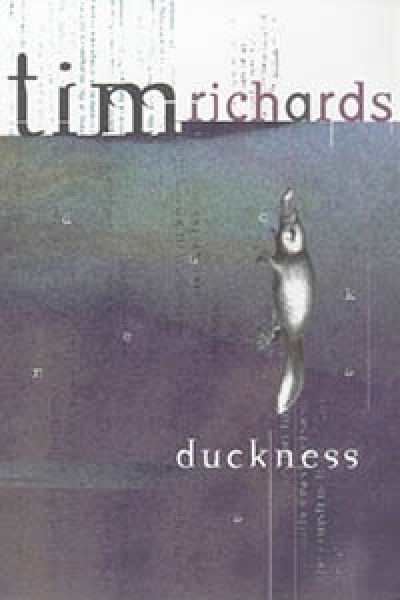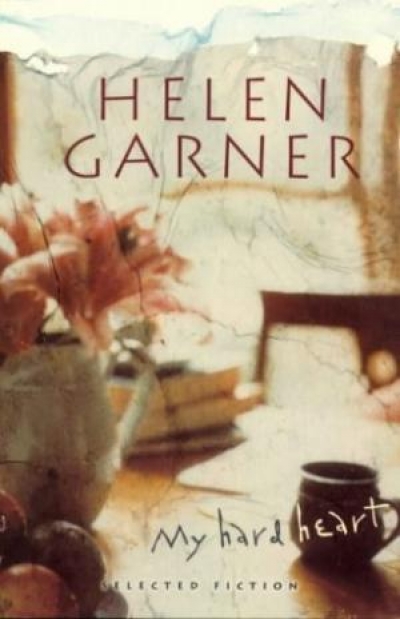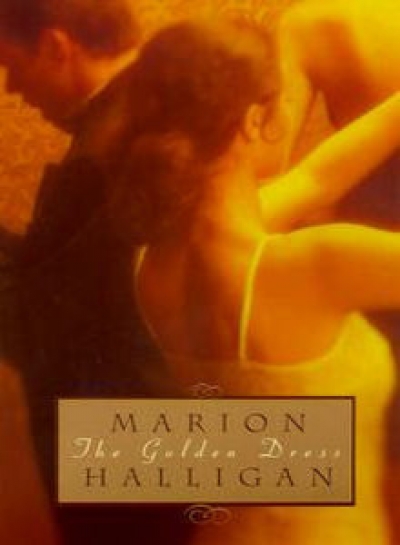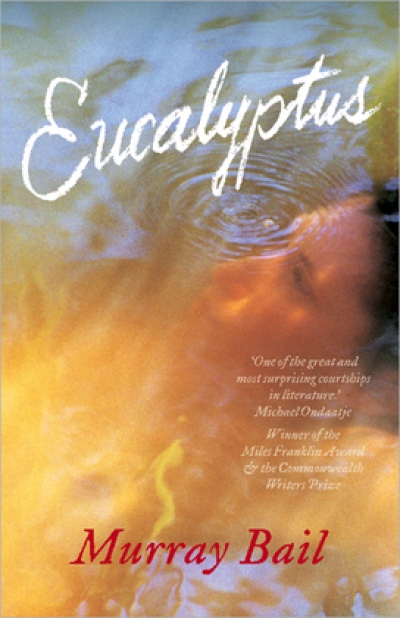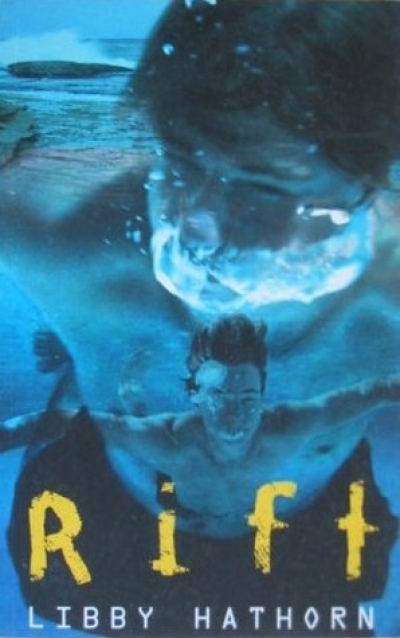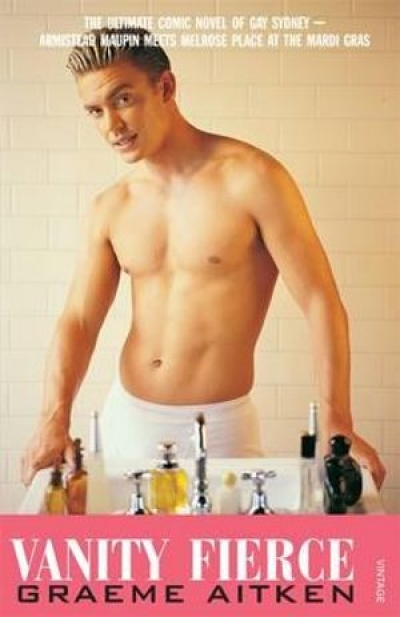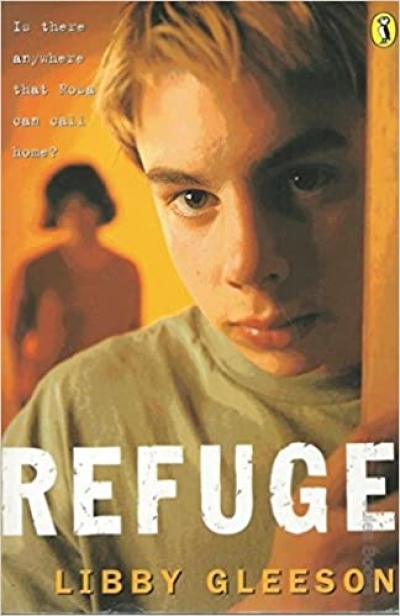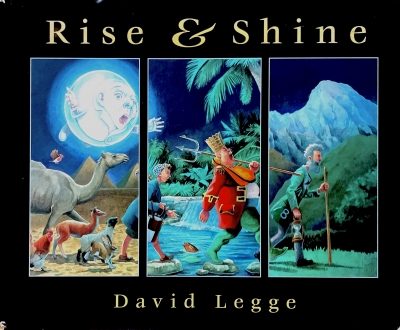Fiction
The devil, as we know, quotes scripture for his own ends, and there was something devilishly confronting about Andrew Masterson’s first novel, The Last Days: the Apocryphon of Joe Panther (1998). It kept you on your toes, ducking and weaving with the punches of its arguments, its cleverly orchestrated quotes from the New Testament and the early church, its tossed off histories and heresies, its ultimate ‘what if ... ?’
... (read more)Ever since I heard Amy Witting speak at the recent Melbourne Festival, I have been thinking about her name, which is a chosen not a given name and therefore may be considered for its meanings. It occurred to me that there may be conscious artistry in her name as in her work. Amy: that must mean love. And Witting will be knowledge, awareness. The two an expression of the novelist’s desire. Her new book has both in good measure. Even more strongly here than in her earlier work, I have the sense of Witting’s voice speaking to us. Of course her medium is the characters through whom her plot works itself out, and the wise things spoken are the words of these characters, but I had an intimate sense of their being hers as well. You could extract her bons mots, her reflections, her epigrams, and make a nice little volume of the wit arid wisdom of Amy Witting. But of course you would lose a part of their power, and all the poignancy that context gives.
... (read more)A title like Duckness summons expectations of the quirky, the paralogical, and the obliquely enigmatic, and this collection delivers all three – though somewhat unevenly. It traverses imaginary heterotopias which both are and are not Melbourne, and which centre, for the most part, on disturbing and difficult questions of simulation and authenticity.
... (read more)What do we talk about when we talk about Helen Garner? About her writing, that is, about such a consummate novella as The Children’s Bach, about extraordinary stories such as ‘A Vigil’, in Cosmo Cosmolino, about the eponymous ‘Postcards from Surfers’, and a dozen others? We talk about domestic realism, we talk about fiction that encompasses not merely the present supposedly self-obsessed Baby Boomer generation but children and grandparents also, we talk about discipline, control, and the assurance that more is less.
... (read more)Marion Halligan’s new novel has as its centrepiece, shiny and assertive, flagged by its title, a dress made with loving care but, nonetheless, improvised just so that the fabric will go far enough. A dress that Molly Pellerin wears to a party at the laundry where she works, an event that becomes a defining moment in her life, the dress a legacy, offering an image of Molly as dazzling, beautiful, and loved. The photograph sustains her memory, potently, permanently.
... (read more)Murray Bail has passed muster as an important Australian novelist for quite a while now. His 1980 novel Homesickness, with its sustained parodic conceit of Australian tourists forever entering the prefab theme park, rather than its ‘real’ original, was an early national venture into what might have been postmodernism. Holden's Performance, a good time later ...
... (read more)I am sitting at my home desk high up in the mountains overlooking the border ranges to New South Wales and then to the left, the strip of highrise, the Gold Coast, and the sea beyond. Hathorn and Lucashenko have both set their recent youth novels in an imaginary location not far from me. The sea and the hinterland is a territory I am beginning to know well and I have enjoyed exploring it a little further in my reading.
... (read more)Vanity Fierce by Graeme Aitken & Gay Resort Murder Shock by Phillip Scott
Popular fiction is often character-driven. An immediate distinction between these heavily-populated novels would be that if I met the main protagonist of Scott’s book I’d want to have coffee with him whereas if I met Aitken’s I’d want to slap him.
... (read more)Gleeson is an award-winning novelist for young readers, winning the 1991 Australian Children’s Literature Peace Prize for Dodger and the 1997 Children’s Book Council Book of the Year for Younger Readers with Hannah Plus One. Her other novels include I am Susannah and Skating on Sand, and her picture books include The Princess and the Perfect Dish and Where’s Mum. She is an accomplished writer, which is reflected in her latest novel for older readers, Refuge.
... (read more)Rise & Shine by David Legge & I Know That by Candida Baker, illustrated by Alison Kubbos
‘Yellow, yellow, yellow, yellow, I’m sick of wearing yellow!’ declares the pomposity of puffed-up Mr Toad, intends staying in bed until he gets what he wants – a new blue suit, like those worn by the Moon. Meanwhile, the roosters haven’t crowed, the cows need milking ... saplings want their dew and it’s bitterly cold, and so Mother Nature, Father Time, King Neptune and the Moon set out to solve the problem, with help from the Celestial Tailor. The results are ridiculous and enjoyably rude.
... (read more)

